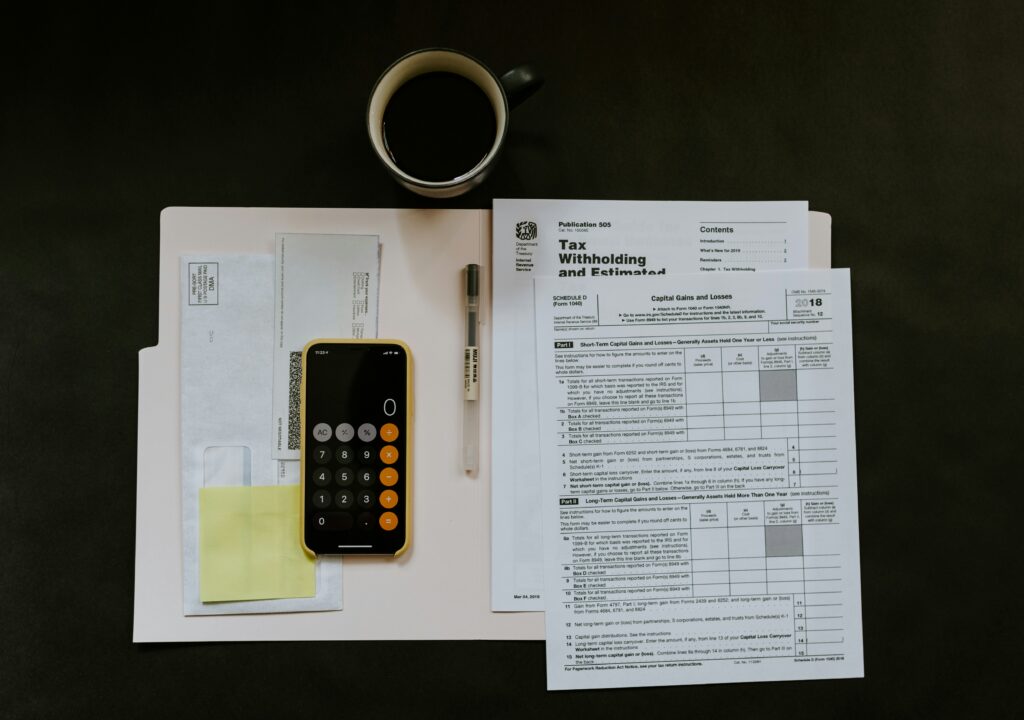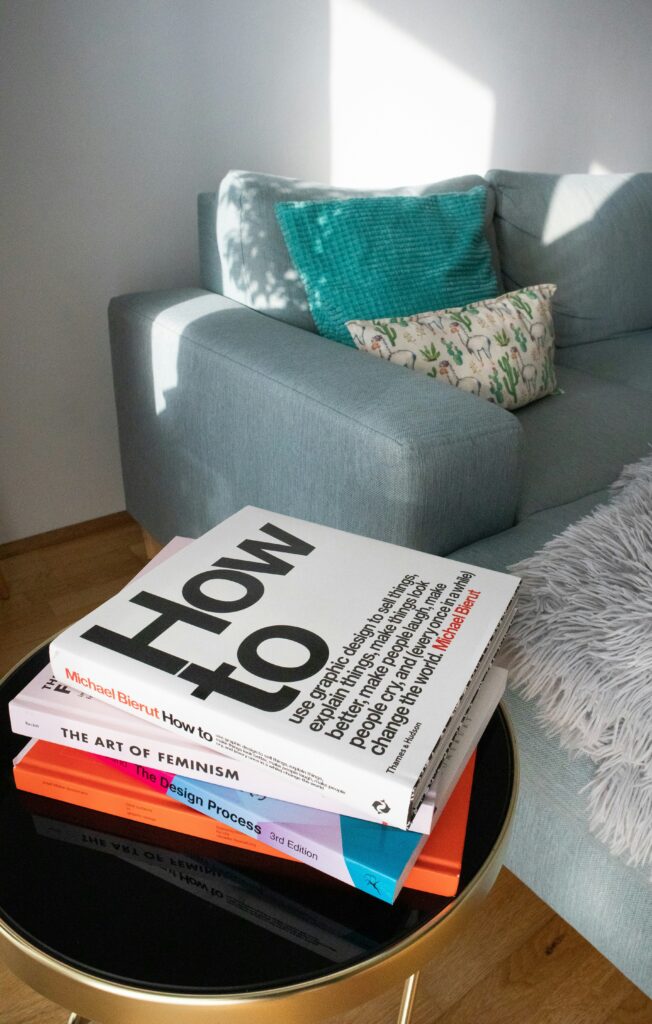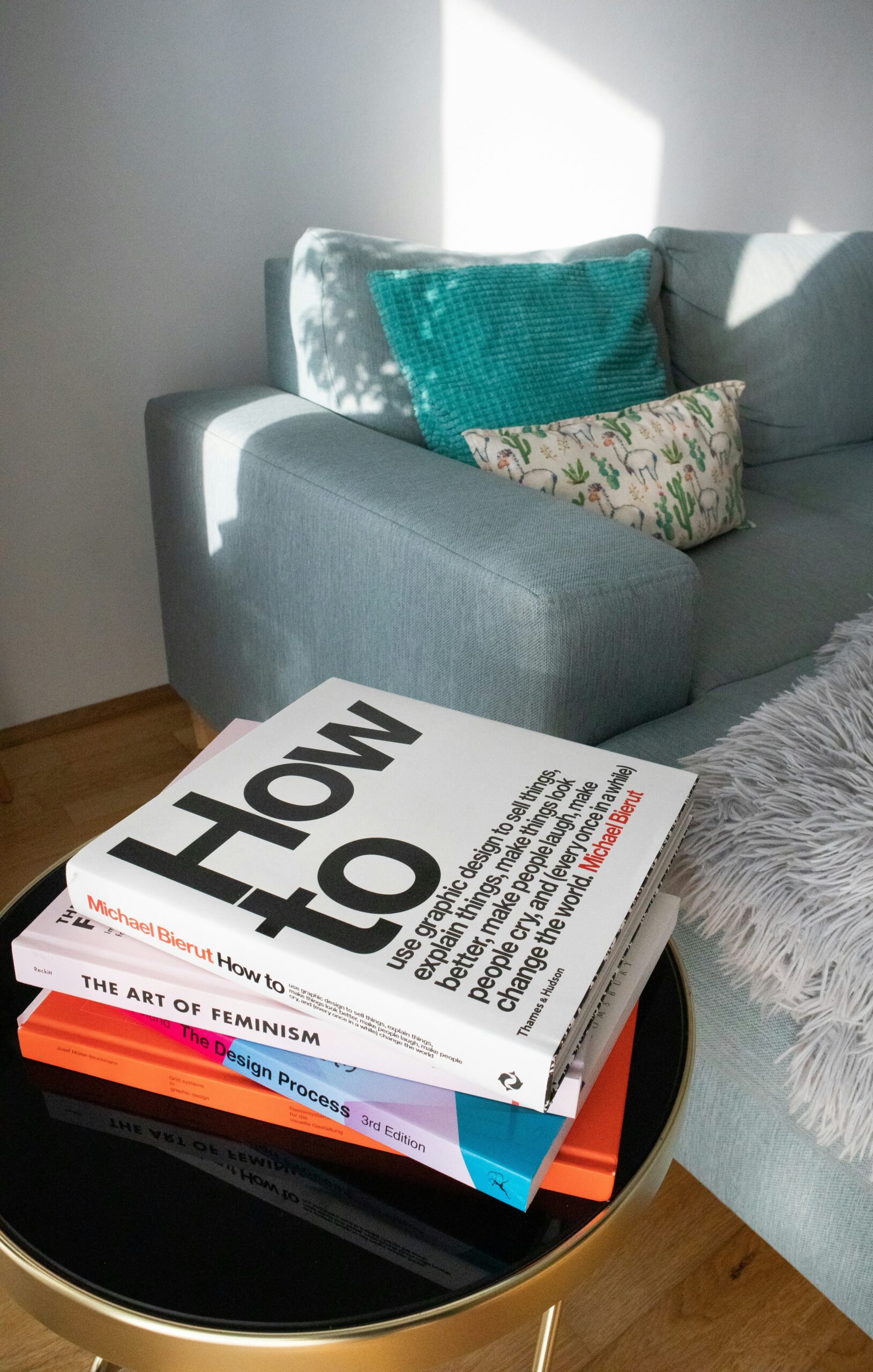Listing your home on Airbnb can be a great way for Australian homeowners to earn extra income. If you’re wondering how to list your property on Airbnb (or asking, “how do you list your property on Airbnb?”), This comprehensive guide will take you through the process. We’ll cover everything from creating your Airbnb listing step-by-step to important Australian considerations like taxes, insurance, and local council regulations. Our goal is to offer an informative, friendly, and professional roadmap, enabling you to begin hosting with confidence.

Step-by-Step Guide: How to List Your Property on Airbnb
Follow these steps to list your property on Airbnb successfully:
- Research Local Requirements and Prepare Your Property
Before you start hosting, it’s important to check if you can do so legally. Look into your local rules, state laws, and any community guidelines if you live in an apartment. If you’re renting, be sure to get permission from your landlord, and it might be a good idea to let your neighbors know, too.
Next, prepare your home for guests. This means cleaning up, organizing your space, and making sure you have basics like fresh linens, toiletries, and kitchen supplies. Don’t forget to check for safety issues—like installing smoke alarms and making sure railings are secure—so that your home is safe and welcoming for everyone. - Create an Airbnb Account and Host Profile
If you haven’t done so yet, consider signing up to become a host on Airbnb. Creating an account is free, and you can list your property on Airbnb at no cost. Airbnb only takes a small fee when you actually receive bookings. To attract guests, take some time to create an inviting host profile. Write a friendly bio about yourself and add a clear photo so that guests feel at ease choosing you for their stay. - Start a New Listing on Airbnb
When your account is set up, head to the hosting section and click “Create a New Listing.” Airbnb will walk you through some simple forms to share details about your property. First, you’ll need to provide some basic information: what type of place it is (like a house, apartment, or private room), how many bedrooms and bathrooms there are, where it’s located, and how many people can stay there. Make sure to be truthful and precise with this information, as it will help connect you with the right guests. - Write a Compelling Title and Description
Create an inviting listing title and description that showcases the best features of your property. The title should be short and eye-catching, like “Charming Beach Cottage with Stunning Ocean Views.” In the description, provide a detailed overview of the space: its layout, amenities, and the neighborhood. Highlight what makes your property special, such as a swimming pool, parking availability, or nearby attractions. Be clear about any rules or unique traits of the property. A complete and honest description will help attract the right guests and set the stage for positive reviews.
- Set House Rules and Guest Requirements
When you create your Airbnb listing, you can add specific rules for your guests, like whether smoking is allowed, parties can be held, and pets are welcome. It’s important to clearly explain these rules so everyone knows what to expect and avoids confusion. You can also set certain conditions for making a reservation, such as requiring guests to have a verified ID or a good review history. Being open about these rules and requirements helps ensure that guests take care of your property and follow your guidelines. - Upload High-Quality Photos
Good pictures are very important for showing off your property and getting people to book their stay. Make sure to upload clear and bright images of every room and any special features. Organize each space neatly—make the beds with clean sheets, pick up any mess, and turn on the lights to make everything feel cozy. If it’s important, include pictures of the outside of the property and the surrounding area (like views, backyards, nearby beaches, etc.). You can think about hiring a professional photographer, but many smartphones today can take great photos too. Try to include at least 10 photos that give potential guests a true and inviting look at your space. - Set Your Pricing and Availability
To set a good price for your Airbnb listing, take some time to look at similar places in your area. You can use Airbnb’s tool to get a suggested price for each night, but you should also consider what makes your property special and what the demand is like during different seasons. It can be a good idea to start with a slightly lower price to get your first reviews, and then change it later as needed.
You’ll also need to decide if you want to charge a cleaning fee, extra fees for more guests, or discounts for more extended stays. Remember to keep your calendar up to date: block out dates when your property isn’t available and set rules about how long people can stay. Having a smart pricing plan can help you get more bookings while ensuring you earn a fair income. - Review and Publish Your Listing
Before you start your online listing, take a moment to check everything carefully. Look at how your listing appears to make sure the description sounds good and the photos look nice. Confirm that your contact information and payment details on Airbnb are accurate. Once you’re happy with everything, click “Publish.” Congratulations, your Airbnb listing is now live!
Be ready to respond quickly to questions or booking requests, as quick responses can help secure reservations and earn positive reviews. Once guests arrive, focus on providing excellent hospitality: offer clear instructions for checking in, keep the space clean and well-supplied, and always be friendly and responsive in your interactions.
By following these steps, you’ll have your property listed on Airbnb and ready to welcome guests. Next, we’ll look at some important considerations specific to hosting in Australia, including legal requirements, taxes, and insurance.If you’re interested in making money on Airbnb, check out some informative resources for tips and strategies here.

Tax, Insurance, and Local Regulations for Australian Airbnb Hosts
If you’re thinking about hosting in Australia, there are some important things you need to keep in mind. The rules can change depending on where you are in the country, so it’s essential to stay updated. Here are some key points regarding taxes, insurance, and local rules for anyone hosting on platforms like Airbnb in Australia.
Tax Obligations in Australia
If you earn money from renting your home on Airbnb, you need to report that income when you file your taxes. The Australian Taxation Office (ATO) treats this income the same way it treats money earned from traditional rental properties. Recently, Airbnb started sharing hosts’ earnings with the ATO, which means the tax authorities may notice any money you don’t declare.
It’s a good idea to track how much you earn from Airbnb and any expenses related to hosting. The nice part is that you can often claim several of these expenses to reduce your taxable income. For example, you can deduct a portion of your utility bills, cleaning costs, insurance fees, property management expenses, and maintenance costs from your Airbnb earnings. Be sure to keep your receipts; it might help to speak with a tax professional to ensure you’re making the most of the deductions allowed.
Also, be aware of capital gains tax (CGT) when you sell your property. Renting out part of your home on Airbnb while living there could affect your CGT exemption when it’s time to sell. This means that the time or area you rented out might not be fully exempt from this tax when you sell your home. If you plan to host for a long time and later sell, getting advice on this can be really helpful.
Typically, you don’t need to register for GST (Goods and Services Tax) when renting out your home for short stays, as it’s usually considered tax-free income. However, if you start managing multiple properties or running a larger-scale business that brings in significant revenue, GST could come into play. For most homeowners renting out just one property on Airbnb, guests aren’t charged GST, and you won’t have to pay it on your Airbnb earnings either.
Insurance Considerations
If you are planning to rent out your home for short stays, it’s important to check your insurance. Regular home insurance usually doesn’t cover problems that could happen when you have paying guests. You don’t want to be surprised later on when your insurance company tells you they won’t pay for damages or issues caused by a guest. Before you start hosting, talk to your insurance company and let them know about your plans. You might need to switch to a special type of insurance for short-term rentals or add extra coverage to your existing policy. These tailored policies help protect you from things like accidental damage by guests, theft, or if a guest gets injured while at your property.
Airbnb offers a service called AirCover for Hosts, which includes some protection for liability and property damage for each booking. However, it doesn’t cover everything, so it’s important not to rely solely on it as your main insurance. For instance, valuable items or shared spaces might not be included, and filing a claim can sometimes be tricky. To keep yourself safe, it’s a good idea to get your own insurance that specifically covers short-term rentals. This might raise your insurance costs a bit, but it’s definitely worth it for the peace of mind it brings.
If your property is part of a community or building association (like many apartments or townhouses), be sure to check the rules. Some associations don’t allow Airbnb rentals or require you to inform other owners. If you’re renting and plan to sublet on Airbnb (if your lease allows it), you should also check your lease agreement and get permission from your landlord to avoid any issues or risks to your insurance.
Local Council Regulations and Permits
Australian states and local councils have introduced various short-term rental regulations in recent years. It’s crucial to understand the rules in your area to stay compliant. Here are a few key examples:
- New South Wales:
New South Wales (NSW) has set rules for short-term rentals like those listed on Airbnb. If your property is located in Greater Sydney, you can only rent it out for a maximum of 180 nights a year if it’s not your main home. This means that if you have an investment property or a second home in Sydney, you can rent it out for almost half the year, but only if you don’t live there during that time.
If you’re renting out your primary home, there are no limits on how often you can host guests. Additionally, all short-term rental listings in NSW must be registered in the official NSW Short-Term Rental Accommodation (STRA) Register, and hosts must follow a set of guidelines known as the Code of Conduct.
You can register your listing online through the NSW government portal. If you’re hosting in NSW, remember to register, check your local council’s rules, and ensure your property meets fire safety requirements, like having smoke alarms and clear evacuation information. If you don’t follow these rules, you could face fines or have your listing removed. - Victoria:
In Victoria, Australia, there are specific rules for people renting out their homes for short stays, like through Airbnb. Starting in 2025, there will be a new tax of 7.5% on the money you make from these rentals. This means if you’re renting out your place for short trips, you’ll need to account for this tax when figuring out your earnings.
In Melbourne, if you want to rent your whole property for less than 30 days, you must get a special permit from the city council. This is to make sure that short-term rentals follow the same rules as hotels and bed and breakfasts.
If you live in an apartment, remember that the building’s management can also create their own rules about short-term rentals, so it’s important to check with them, too. Always confirm with your local council whether you need a permit or if there are any restrictions on renting out your property. Lastly, make sure your place meets basic safety standards, like having smoke alarms, since this is both a legal requirement and essential for ensuring the safety of your guests. - Queensland:
In Queensland, the rules for short-term rentals like Airbnb can differ depending on your location. Some tourist areas are starting to enforce stricter regulations. For example, if you want to rent out a home on the Sunshine Coast, you may need to get a special approval called a development application, especially in specific residential neighborhoods.
On the Gold Coast, they are looking into systems that require homeowners to register their short-term rentals. They also pay close attention to noise and complaints about parties, and have specific laws for homes that are known for hosting parties regularly.
In Brisbane, no special permit is currently needed for short-term rentals, but there have been discussions about requiring homeowners to register their properties and possibly charging extra fees for them in the future.
Additionally, some local councils in Queensland are implementing higher fees for investment properties or even special taxes on short-term rental homes. It’s always a good idea to check your local council’s website for the latest rules regarding short-term rentals.
If your property is a standalone house, you usually have more flexibility when renting it out, though you still need to follow noise and party regulations. In contrast, if you live in an apartment, there may be stricter rules that could prevent short-term renting altogether. - Western Australia:
Western Australia has introduced a new law called the Short-Term Rental Accommodation Act 2024. This law sets rules for short-term rentals, like those listed on platforms such as Airbnb. If you want to rent your property as a short-term accommodation in WA, you must register your property with the government. This registration process started in 2024 and involves getting a unique registration number for your property.
Once registered, websites like Airbnb will be required to display this registration number and will make sure that unregistered properties aren’t advertised if they’ve reached a certain number of rentals. If you’re planning to host guests in WA, it’s essential to contact your local council or the WA Department of Commerce to register your property and pay any necessary fees.
Remember that some local councils may have specific rules, like restrictions on where you can rent out your property or minimum stay requirements during busy events. To avoid any fines, make sure you register and follow local guidelines. - Other Regions:
Western Australia has introduced a new set of rules called the Short-Term Rental Accommodation Act 2024. These rules apply to anyone renting out a home or property for short stays, similar to Airbnb. If you’re hosting in this area, you must register your property with the government’s STRA register, which was created in 2024.
When you register, you’ll receive a unique registration number. Companies like Airbnb will need to show this number on their listings to ensure that properties not registered and exceeding a specific rental limit won’t be allowed.
If you plan to rent out your property, contact your local council or the WA Department of Commerce to handle your registration and any related fees. Remember that some local councils may have additional rules, such as restrictions on short-term rentals in specific neighborhoods or requirements for minimum stay lengths during special events. It’s important to follow these local regulations to avoid any penalties.

Before listing your property for short-term rentals, it’s important to understand the local rules and regulations. Many places have specific requirements, such as needing permits, limiting how many nights you can rent, or having particular conduct guidelines. Knowing and following these rules helps you avoid legal issues but also helps you get along well with your neighbors and the wider community. Staying informed about the regulations will help you host guests smoothly, without facing fines or interruptions.
If you’re unsure about the rules, contacting your local council or asking experienced hosts or property managers for guidance is a good idea. Companies like KozyGuru offer professional management services and keep track of these regulations, making it easier to comply with all the necessary rules.
